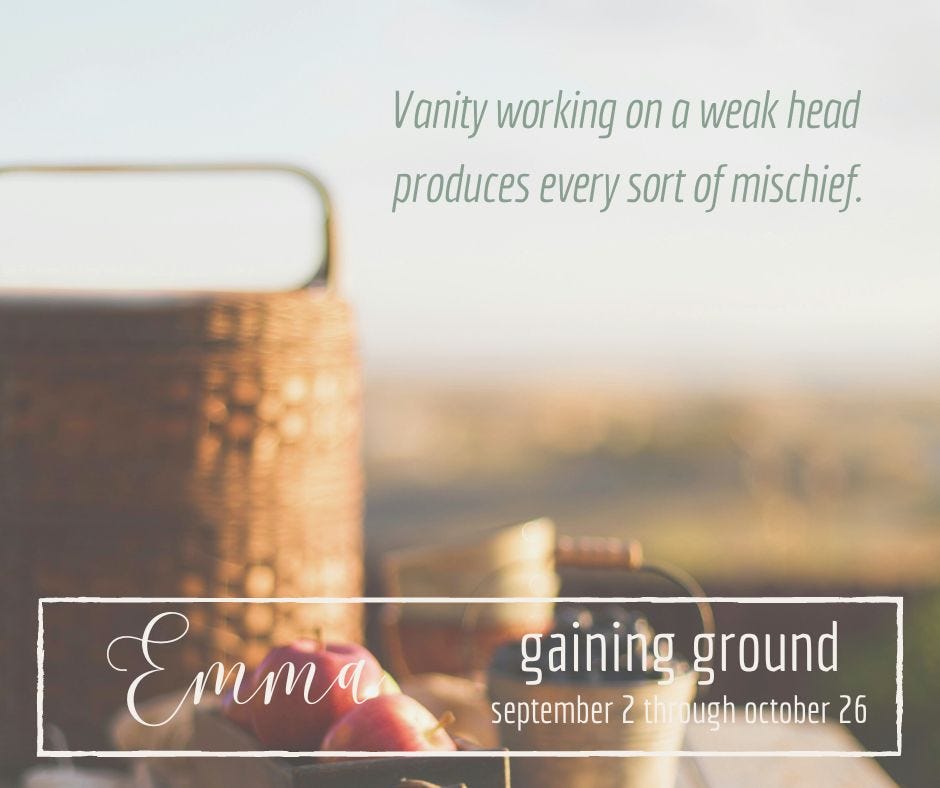The blank page is often way too much freedom. We twiddle the pen. The cursor on the screen blinks back at us, mocking our indecision.
But all we need is a little structure: a topic, a timeline, a deadline. Fence us in a little, so we know what to push against.
For example, a topic:
Writing.
No no no, way too broad. Narrow it down: How to help people write.
That’s better, but nope, it’s still too wide. There are too many directions to go and I’m still staring at this page like a deer in the headlights.
Let’s try...How to help people write when they're stuck, facing a blank page. Perfect.
And now we’re getting somewhere. (Or we have a destination, at least.)
But when will I write it?
Committing time to writing is just as big of an obstacle as not knowing exactly what to write about in the first place. I need structure for this too, because just saying, “I’ll write that piece sometime this week” is no good at all. If procrastination were a sport, I’d have a brazillion gold medals.
Try again: Today I will write.
That’s closer but it’s still no good; you might as well say, Sometime today I will find time to discipline myself to sit in the chair and do this even though I have never in a million years been consistently able to conquer good but vague intentions with actual progress.
If you said that, you'd at least be honest about it — and plus, you'd have written forty words. (Way to go!)
But if you look at your day’s schedule and firmly decide, I'm going to write for 30 minutes after the kids are in bed tonight, you have a fair shot of success…especially if you leave your phone locked in your car.
What about a deadline?
In my experience, the sooner the deadline, the better, but it depends on the length of what you're writing. If it's a basic post around 1000 words, more than a week is way too much time. We need to give ourselves deadlines that put a little fire under us.
Maybe you aren’t a procrastinator, but I have learned this about myself: If I have a deadline for a minor project, most of the work won’t be touched until about 72 business hours before it’s due.
I can do hard things; I just usually choose not to until it’s necessary. This is true for short writings or teachings, homeschool paperwork, meeting prep, and, to my husband’s chagrin, packing for childbirth.
Now if you, too, are a ninja-level procrastinator, tell me if this works for you also: I’ve learned to hack this by just assigning myself more deadlines. With five deadlines, I will get five times as much done as opposed to only having one deadline and too much time to drag my feet.
The deadlines work because they tell me what to keep my eyes on. In the fog of overwhelm, they give me direction, focus, and a target to aim for. But without a deadline (or several) I’m back to aimlessness and procrastinating, because I don’t know what I should really be looking at.
It’s not that I have lazy intentions. It’s that I forget where my focus is, and my default is the easy route. Life is hard enough already, yes?
And if those boundaries are still too broad and don't work for you, try a two-minute timer.
Two minutes?! you ask. Only two minutes? What can you do in just two minutes, when faced with a blank page?
Anything you want, as long as it's getting words down.
You only have two minutes, so expectations are lighter and pressure is off. You're not writing Gone With the Wind; you're just writing to get moving, to get off the runway. Or put another way, you're turning on the faucet to see what kind of water comes out, rather than staring at it for ages and wondering if it’s drinkable.
You could stare at the blank page for days and die of thirst, not knowing. And worse, other people are out there, thirsty for the words you haven't spilled out yet. You have a message and they need to read it.
(Sorry, sorry; we were trying to reduce pressure and I just ratcheted it back up again. But really, people need to hear what God wants to express through you.)
When we are feeling pressure about writing, we’re dealing with two conflicted needs:
the need to feel free enough to let words flow out without feeling lost amid allllll the options and possible bunny trails.
the need to reduce pressure to write a masterpiece right off the bat, while we also recognize our writing will influence others. This requires humility that walks in boldness, letting go of ego and perfectionism.
And if you’re looking for a writing prompt, there are two big (but also defined) possibilities worth exploring. 🤍 I’d love to hear what you come up with.
But! If you’ve been reading A Secret Garden with us, here are a few writing prompts related to the story:
From this section in chapter nine, how does hope and productivity make work a playground? (This is what inspired my post here.)
...She could not believe that she had been working two or three hours. She had been actually happy all the time; and dozens and dozens of the tiny, pale green points were to be seen in cleared places, looking twice as cheerful as they had looked before when the grass and weeds had been smothering them.
“I shall come back this afternoon,” she said, looking all round at her new kingdom, and speaking to the trees and the rose-bushes as if they heard her.
Referring to this section from chapter 14, how does our perspective and attitude about something affect how we tell others about it — and what they end up believing about it?
“Does he like the moor?” said Colin. “How can he when it’s such a great, bare, dreary place?”
“It’s the most beautiful place,” protested Mary. “Thousands of lovely things grow on it and there are thousands of little creatures all busy building nests and making holes and burrows and chippering or singing or squeaking to each other. They are so busy and having such fun under the earth or in the trees or heather. It’s their world.”
“How do you know all that?” said Colin, turning on his elbow to look at her.
“I have never been there once, really,” said Mary suddenly remembering. “I only drove over it in the dark. I thought it was hideous. Martha told me about it first and then Dickon. When Dickon talks about it you feel as if you saw things and heard them and as if you were standing in the heather with the sun shining and the gorse smelling like honey—and all full of bees and butterflies.”
Mary told Dickon about the garden on the same afternoon she met him, and an afternoon was long enough to know he could be trusted. But in chapter 15, Colin is different and she needs time to know if he can be trusted. What makes him different, and what makes us trust some people right away and others not for a longer time?
“In her talks with Colin, Mary had tried to be very cautious about the secret garden….she wanted to discover whether he was the kind of boy you could tell a secret to. He was not in the least like Dickon, but he was evidently so pleased with the idea of a garden no one knew anything about that she thought perhaps he could be trusted. But she had not known him long enough to be sure.”
Aaaaand one last thing: EMMA
Our next book is coming soon! We'll be reading Emma by Jane Austen for eight weeks in September and October, which works out to about 50ish pages per week (or 71 pages, if you have a tiny copy like I do).
Don't have a copy yet? Here are some options:
Gutenberg has it free online here
Librivox has it in free audio online here — there are 6 versions, so scroll through and pick your favorite (sadly, none of the narrators are British; I checked)
And ThriftBooks has new or used copies here






